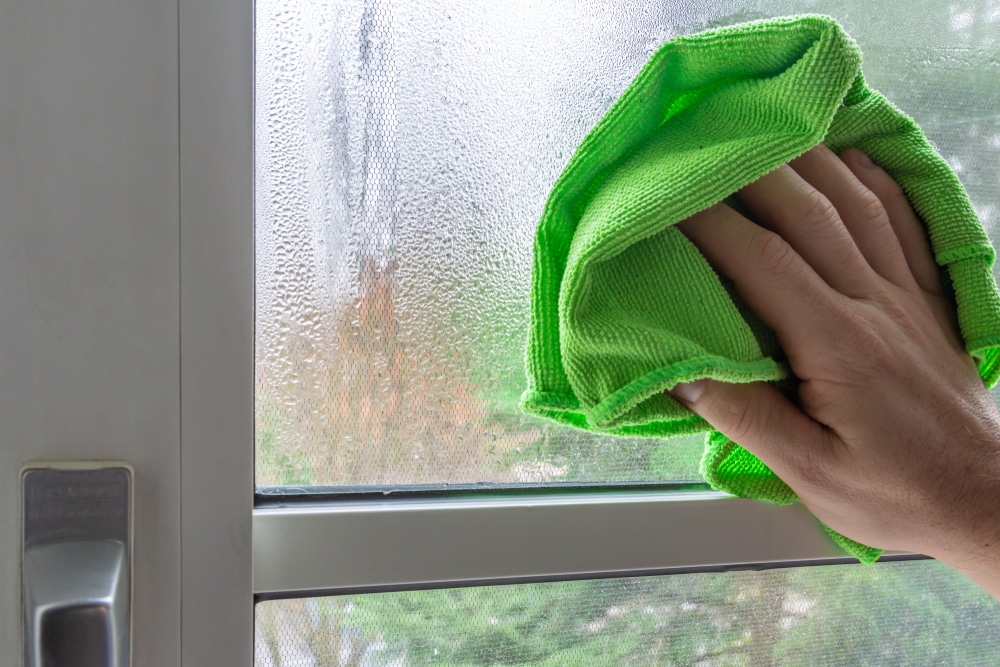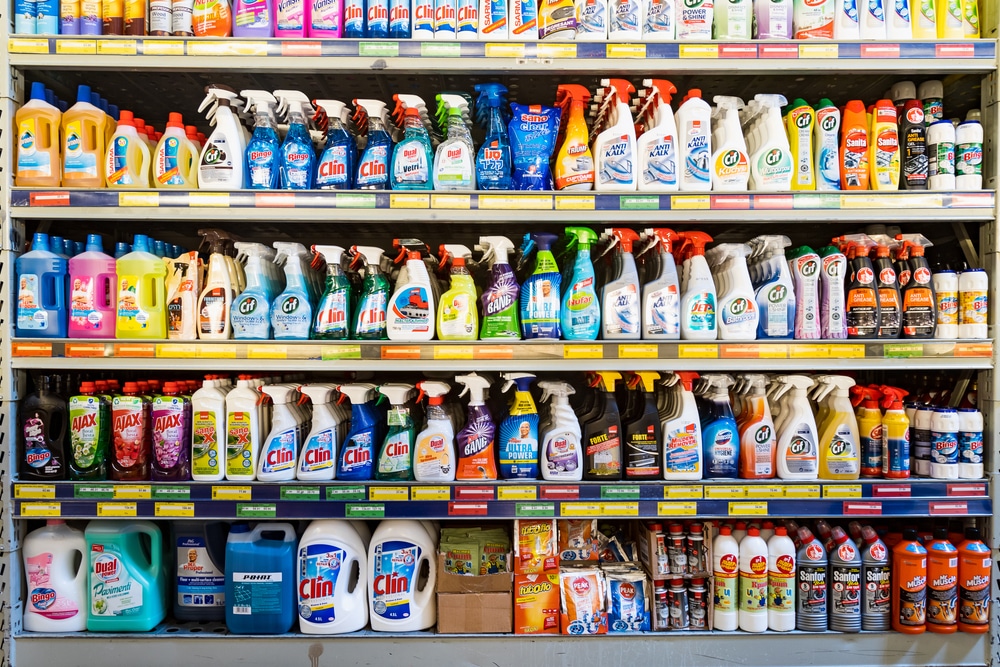Getting glass to sparkle can feel like a small victory in everyday cleaning. But anyone who has tried knows that achieving a spotless, clear result without smudges takes more than enthusiasm. Using the right approach and the right products, including a reliable streak free window cleaner, can transform the task from frustrating to satisfying. Whether you are polishing house windows, mirrors, or glass doors, a few smart techniques and the right timing can make all the difference. This guide walks you through everything you need to know so your windows truly shine.
Why Clean Windows Get Dirty So Quickly
Windows attract dirt far more quickly than we expect. Dust, pollen, fingerprints, rainwater spots, and general environmental pollution all build up on glass. If you live near a busy road or in a humid climate, you probably notice debris returning almost immediately after cleaning. This doesn’t mean you are doing anything wrong. Glass is simply a magnet for grime because static electricity draws in fine particles, and oils from hands spread easily. Understanding the causes makes it easier to choose the right cleaning steps and products to counter them.
Choosing the Right streak free window cleaner
Selecting the right formula is the foundation of spotless windows. Using a streak free window cleaner that avoids harsh chemicals can reduce residues and leave a clearer finish. Natural formulas with vinegar or alcohol evaporate more cleanly than those with heavy detergents. If you prefer store bought options, look for a streak free window cleaner made with alcohol or plant based ingredients that do not leave sticky films. The idea is simple. If the product dries without leaving behind anything extra, you get a crisp, clear final look.
Ingredients That Make a Difference
Many people experiment with homemade solutions, and some blends come surprisingly close to the results you get from a commercial streak free window cleaner. Vinegar cuts through mineral deposits from rainwater. Alcohol helps liquid evaporate quickly before streaks form. A small amount of dish soap can help lift away oily fingerprints, though too much soap may cause cloudiness. Knowing what each ingredient does gives you more control over your results. The real key is balance so the cleaner wipes away cleanly without leaving the window hazy.

Tools That Help You Achieve a Glossy Finish
Even with a quality streak free window cleaner, the tools you use can dramatically affect the outcome. A microfiber cloth is the gold standard because the fibers trap dust instead of pushing it around. Squeegees create straight, uninterrupted lines that remove liquid without forcing you to wipe repeatedly. Avoid using paper towels if possible. They shed fibers that cling stubbornly to the glass. A dedicated cloth for windows, separate from the one used for countertops or furniture, also prevents cross contamination that might introduce oils and smudges.
Timing Matters
Sunlight can be your biggest enemy when cleaning windows. Even the best streak free window cleaner can dry too quickly when exposed to direct heat, leaving marks before you have a chance to wipe them away. Early morning and late afternoon are ideal cleaning times because the sun is softer and temperatures are cooler. Cloudy days also help because evaporation slows down. If you start to notice the product drying before you can finish, mist the surface again lightly and wipe immediately to reset the process. Timing truly changes the final outcome.
The Step by Step Method For Sparkling Glass
Consistency is what turns a basic cleaning session into perfect window clarity. Start by spraying your streak free window cleaner evenly across the surface. Don’t oversaturate. A light, even layer works best. For large windows, apply additional streak free window cleaner in sections so none of it dries before you wipe. Begin at the top of the window and work downward using consistent vertical strokes. If you see moisture pooling along the edges, run a dry microfiber cloth along the borders to absorb excess liquid. Finish with a final inspection from different angles to catch tiny smudges you might not see straight on.
Common Mistakes to Avoid
Some mistakes are so common that many people do not realize they are the root cause of streaks. Using too much product can overwhelm even a streak free window cleaner and create a soapy film that is difficult to remove. Another issue is wiping in random directions. This makes it harder to see missed spots and reduces the effect of the streak free window cleaner. Neglecting to clean window frames and sills also leads to streaks because dirt from the edges drips back onto the glass. Finally, reusing dirty cloths spreads grime instead of removing it.

When to Choose Homemade vs Store Bought
Some people love crafting their own solutions, and if you enjoy hands on projects, you can mix your own alternative and still rely on a streak free window cleaner approach. Homemade blends are inexpensive, customizable, and great for light touch ups. However, store bought options have an advantage in convenience and consistency. For quick jobs or very large windows, a bottled streak free window cleaner may save time and effort. You might even find that alternating between homemade and commercial products gives you the best long term results.
How Often Should You Clean Your Windows
The frequency of cleaning depends on your environment. Homes near coastal areas or construction zones might need monthly cleaning, while quieter suburban areas may require it only every few months. Indoor windows usually need less attention unless children or pets frequently touch them. Regular maintenance prevents buildup that becomes harder to remove over time. Quick touch ups between deep cleans also keep the job manageable. You don’t need to perform a full cleaning every time. A fast wipe down can prevent dirt from becoming stubborn.
Special Tips for Tricky Glass Surfaces
Not all glass behaves the same. Textured glass scatters light and can hide smudges, but it also traps dust in its grooves. Frosted glass may develop mineral streaks that require gentle pressure and a patient approach. Mirrors benefit from similar techniques used on windows but may require more polishing to remove haze. For car windows, be sure to use a cleaner compatible with tint film if your vehicle has it. Outdoor windows on upper floors might need extendable tools for safety and convenience. Each surface has its quirks, but the underlying principles remain the same.
Keeping Windows Clean Longer
It is satisfying to stand back and admire freshly cleaned windows, but keeping them that way is its own challenge. One good habit is to dust blinds and window frames regularly so debris does not fall onto clean glass. You can also apply a protective spray designed to repel water and dust, though it should be used sparingly. Good ventilation inside the house reduces condensation buildup that can leave mineral spots. Teaching children to avoid touching glass surfaces and giving pets alternative spots to look outside can also stretch the time between cleanings.
Making your windows sparkle does not need to feel like a chore. With the right timing, tools, and a dependable streak free window cleaner, you can consistently achieve results that look professional. Clean windows brighten your home, improve your view, and add a subtle sense of order to your day. Once you understand what causes streaks and how to avoid them, the process becomes quick and almost effortless. Master the simple techniques outlined here, and keeping your windows shining will soon become one of the most satisfying parts of your cleaning routine.
Are you not done yet? Do you want to learn other ways to make your cleaning life easier? Then visit our Cleaning Tricks category page.



